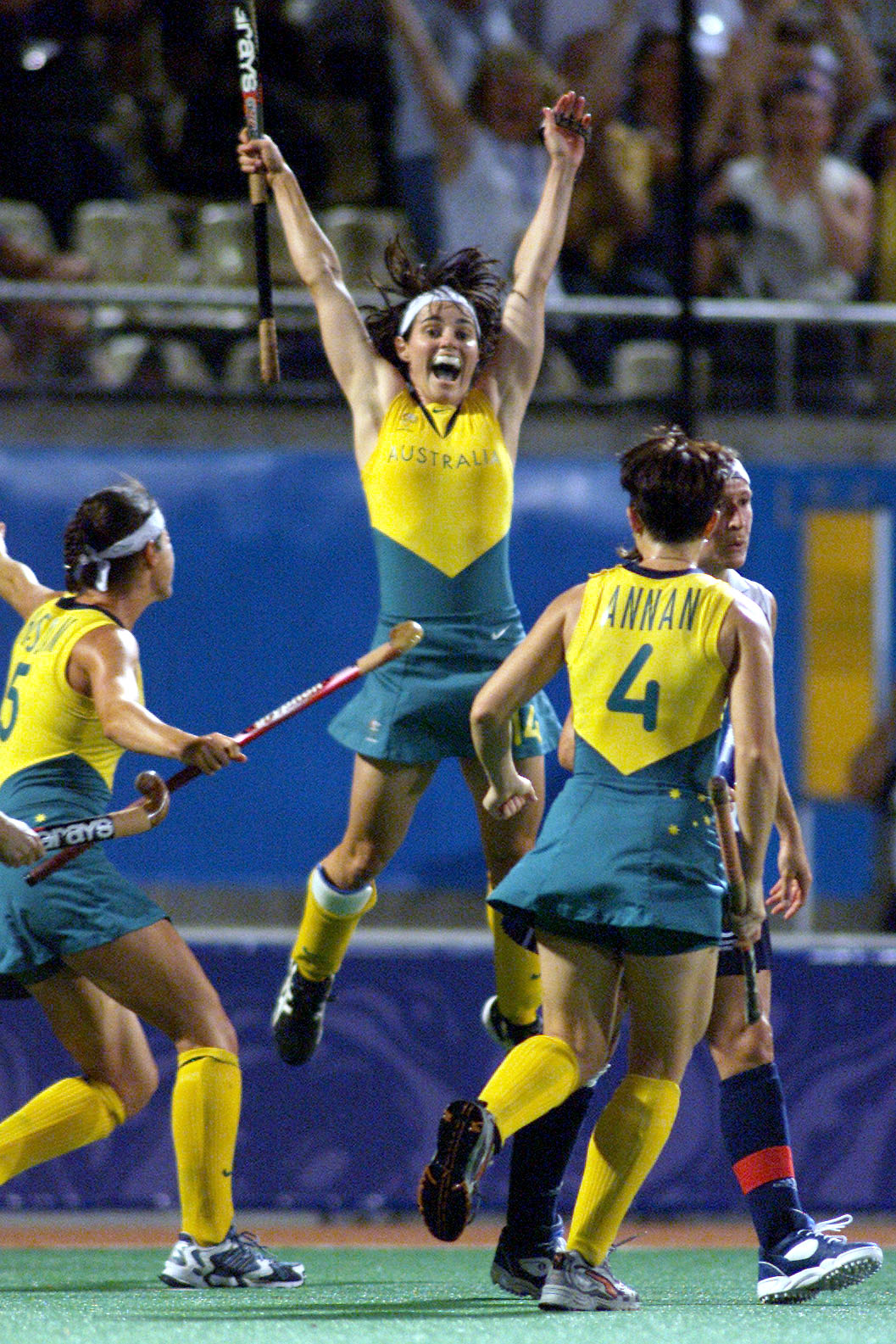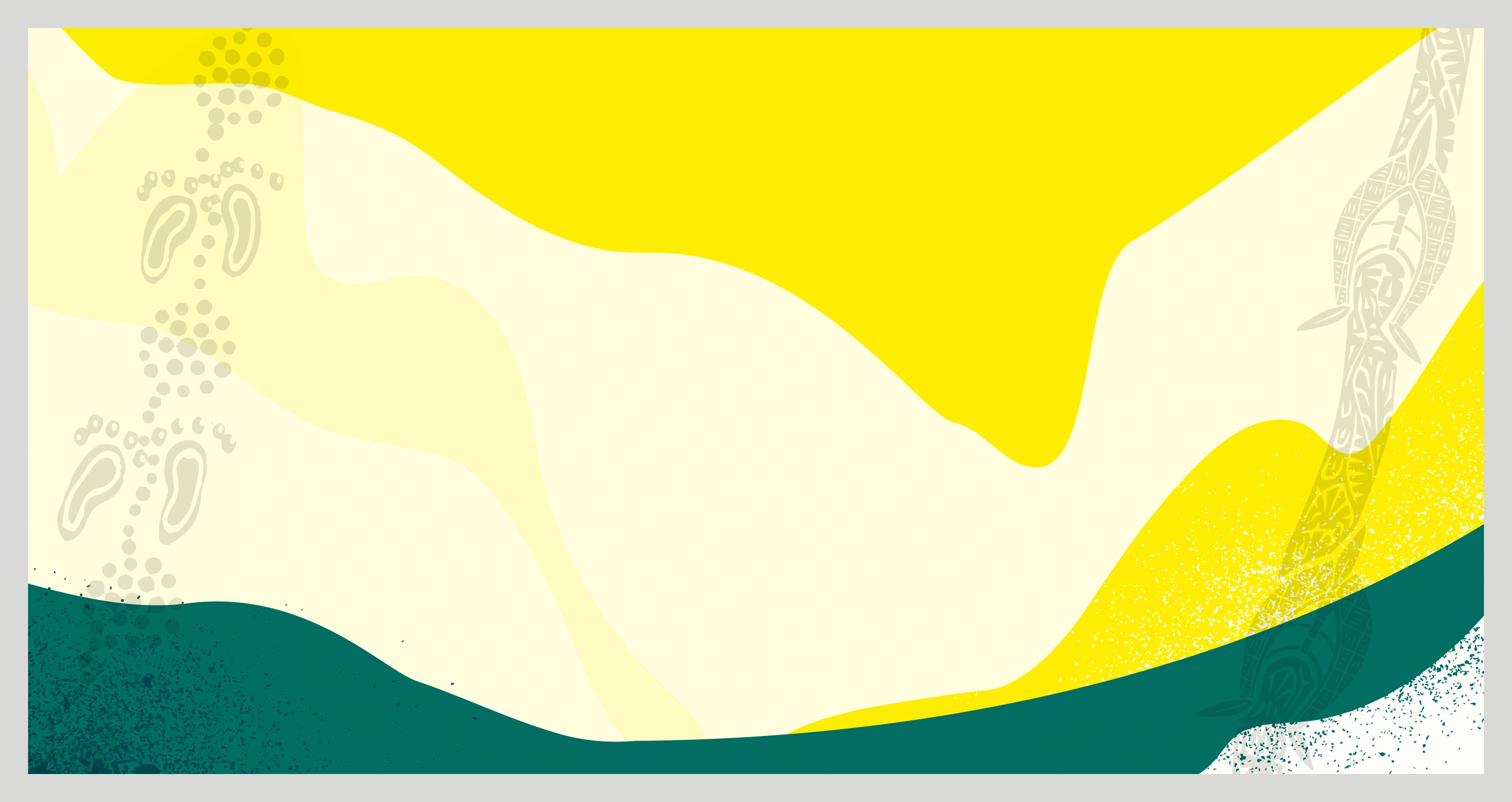This month is one of great success for Australia's Olympic Team, with a haul of medals across four Games, legends were born and history was made throughout the decades, in September.
Rome 1960
The Rome Olympics were during a golden period in Australian sport, four years after the Melbourne Games and two years before Perth would host the British Empire and Commonwealth Games.
In Rome, Australia was strong in Equestrian, Boxing, Athletics and dominated Swimming with USA.
Australia won the individual men’s Eventing competition and three-day event – their first medals in a successful future sport for us.

Boxer Tony Madigan, despite a defeat from Cassius Clay (Muhammad Ali) went on to win bronze in the Light-middleweight division.
In a short international career, Herb Elliott dominated the 1500m to win gold on the track.
With 13 medals, including five gold, Australia’s strong showing in Olympic Swimming continued where Dawn Fraser (100m freestyle), Murray Rose (400m freestyle) and David Theile (100m backstroke) defended their Olympic titles from Melbourne 1956.
Munich 1972
Australia’s success over the last two decades continued into the ‘70s in Munich, winning 17 medals including eight gold.
Again, Swimming dominated our performance with 10 medals where a 15-year-old Shane Gould won half those medals including three gold.
The three wins, in the 200m and 400m freestyle and 200m individual medley, were all in world record time.

Australia won two of the six medals available in Sailing, claiming the Star and Dragon Classes, including twin brothers Tom and John Anderson in different boats.
Despite just six Cycling events in the track and road programs, Australia won three silver medals.
On the Athletics track, there were two silver medals for Raelene Boyle behind controversial East German Renate Stecher in the 100m and 200m.
Seoul 1988
Although Australia sent a record 261 athletes to South Korea, they found medals competitive as it was the first Games in 12 years that America, the Soviet Union and East Germany all entered.
Australia competed in 23 sports with medal success well spread.
Just four years after they made their Olympic debut in Los Angeles, the Hockeyroos defeated the host national 2-0 to win gold in the hockey.
It launched the career of Rechelle Hawkes who would win three gold at four Games – the most successful woman in Olympic hockey history.

It was also the first of two gold for Liane Tooth and Jackie Pereira.
In the pool, Duncan Armstrong won gold in the 200m freestyle, one of the biggest upsets in Seoul, as he came into the Olympics ranked 46th in the world, after ranking 25th in 1987.
There was also drama in Australia’s other gold medal win, with Debbie Flintoff-King winning by just one hundredth of a second in the 400m hurdles.
Sydney 2000
Australia’s largest ever Olympic team of 632 athletes competed in our second-ever home Games.
With 58 medals, including 16 gold, it was our most successful Games.
Australia made their debut in many sports including Triathlon, Volleyball, Trampoline, European Handball and in two women’s sports Water polo and Weightlifting.
Australia won medals in 20 sports including first-ever medals in Archery, Taekwondo, Trampoline and Water Polo.

Opening Ceremony flag bearer, Cathy Freeman handled the pressure of favouritism and the weight of a nation, to win gold in the 400 metres.
With five medals including three gold, Ian Thorpe was honoured as the Closing Ceremony flag bearer.
David Tarbotton

